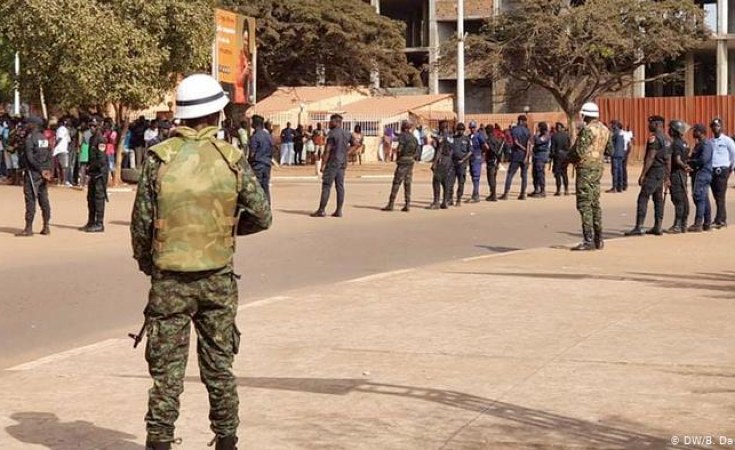Harare — Guinea-Bissau's government launched a major investigation into a foiled coup attempt to overthrow President Umaro Sissoco Embalo.
Reports say a commission of inquiry was launched, adding that military intelligence agents were gathering information at government headquarters.
On February 1, Embalo survived an armed attack when men with heavy artillery surrounded government buildings in the capital, Bissau, where the president and his prime minister were believed to be attending a Cabinet meeting.
Although the identity and motives of the assailants remain unclear, Embalo says the attack was linked to decisions he took "to fight drug trafficking and corruption" - adding that they had tried to "kill the president of the republic and the entire Cabinet".
There is currently no evidence to support the theory that the drug mafia commissioned the attack. However, this theory cannot be dismissed as Guinea-Bissau is considered an important hub for drug trafficking, especially for cocaine.
According to the United Nations Office on Drugs and Crime (UNODC), Guinea-Bissau is now one of the most important gateways for cocaine coming from South America to Europe.
Among the 11 dead, at least six were soldiers, but it's not clear whether they were attacking or defending Embalo.
"The government mourns the loss of 11 valiant men during the attack. Eleven victims – soldiers and paramilitaries, four civilians including a top agriculture ministry official and his driver," government spokesperson Fernando Vaz said.
Although the probe is only at its initial stages, Embalo, who enjoyed strong military support during a previous political crisis , says the army was not involved in the attack.
Regional groups swiftly condemned the violence, giving credence to fears that an armed group had attempted to take over the West African nation once more. At their emergency summit in the Ghanaian capital Accra, the regional leaders decided to deploy troops to Guinea-Bissau to help stabilize the country.
Guinea-Bissau has experienced four coup d'etats and more than a dozen attempted coups since independence from Portugal in 1974.


